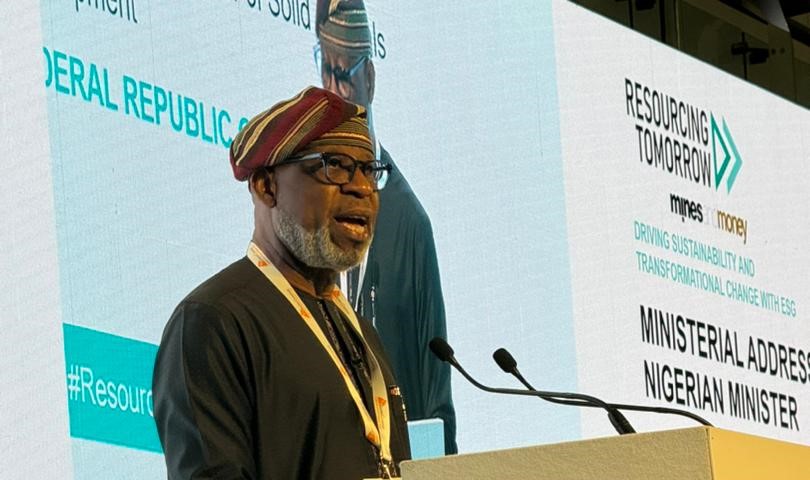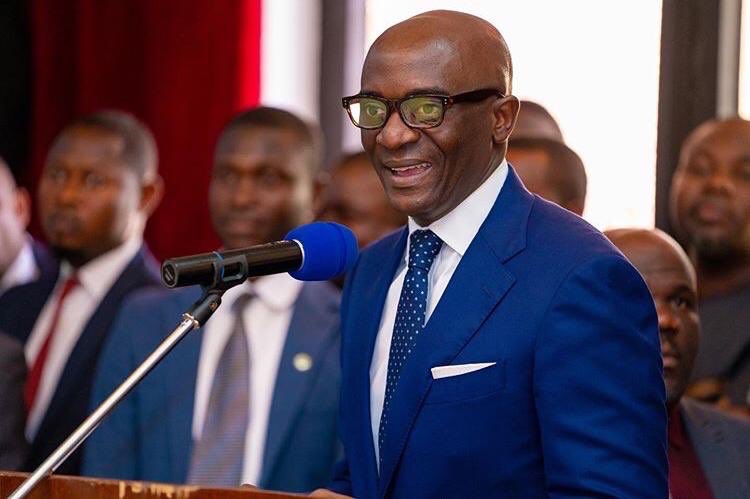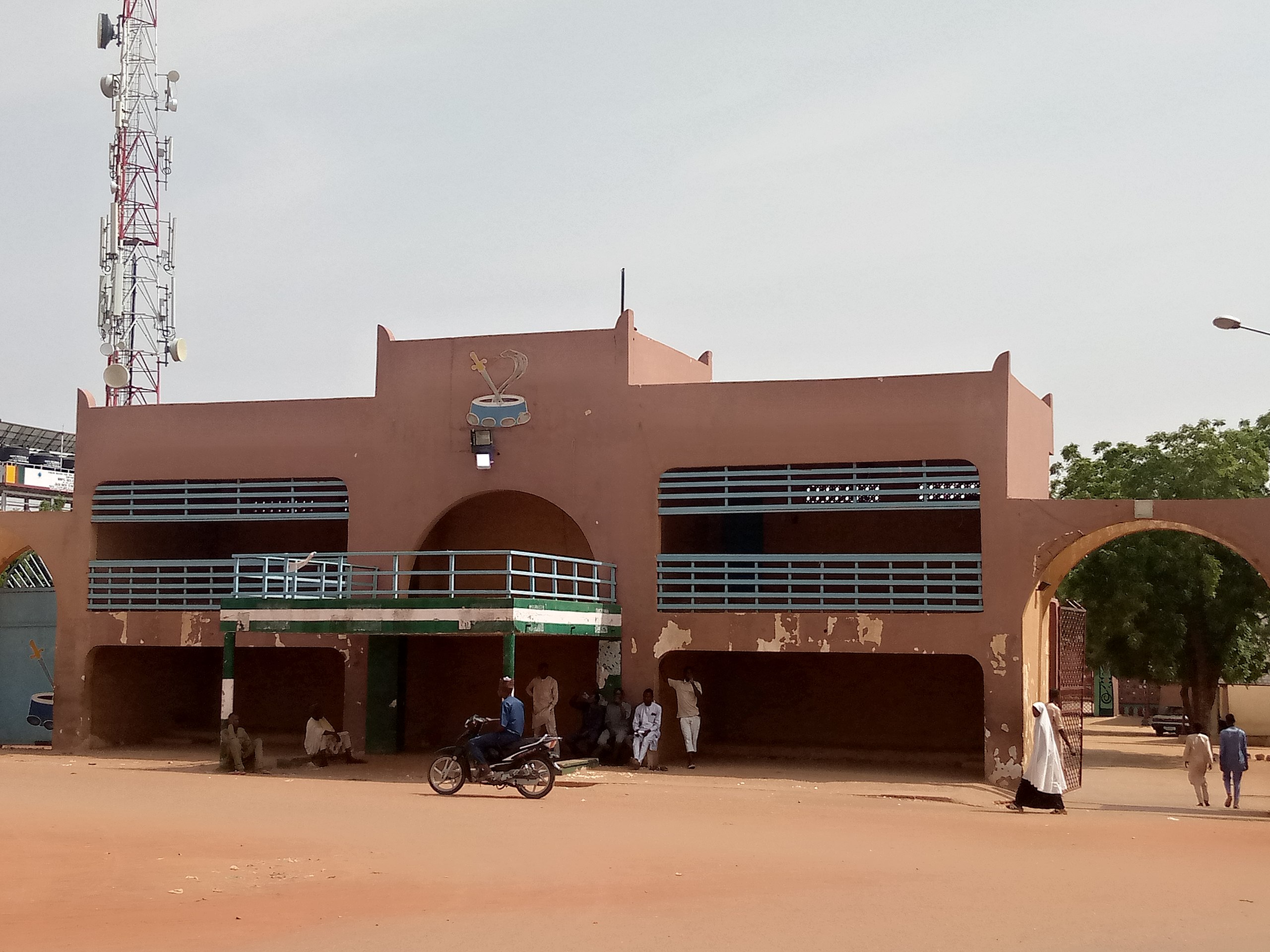BY CHINEDU CHIDI
When famed German composer and pianist, Beethoven, described music as a “higher revelation than all wisdom and philosophy” and as “the electrical soil in which the spirit lives, thinks and invents”, he may well have laid out a profound exposition of the depth and reaches of the art, one that is unrestricted by time or distance, by creed or colour, by status or zone. He envisioned a limitless art form.
Today, we speak not only of its internal freedoms, but of its transcendent liberating force coursing through entertainment, education, politics, the economy, technology, and social change. Music has become a life form meandering like the bellows of an accordion into the many circles that define life as we know it.
In Nigeria, the music industry has grown in leaps and bounds. With over $2 billion in revenue annually, over 30 million monthly listeners worldwide, over 500 music producers, over 1000 record labels, over 50 radio stations amplifying its rhythms and sounds, and multiple digital music distribution platforms, Nigerian music has become the stuff of dreams, if only commercially.
Advertisement
Sadly, the fine art of the classical, orchestral and live performance genre, with its accompanying socially valuable messaging, is dying. The rapid rise of studio-recorded music, with its massive commercial success, has sadly provided an alternative to total music, one that substantively accommodates a wide array of ‘real’ instruments, trained voices, and electrifying theatre. It is perhaps the appeal of total music that inspired Victor Hugo to bellow, “Music expresses that which cannot be put into words and that which cannot remain silent”.
This challenge is not unique to Nigeria or Africa, but is a universal one. In Sasha Frere-Jones’ piece, “Do Recordings Kill Music?”, she cited a profound quote from Richard Kostelanetz’s interview with John Cage, thus: “I’ve always said that a record is not faithful to the nature of music”. David Grubbs, a professor at the Conservatory of Music at Brooklyn College, she reports, “takes up a specific belief of Cage’s: that recordings can injure the ability of an audience member to experience a performance in real-time. In theoretical terms, the recording reifies a specific moment, potentially interfering with a composition’s ability to live and change and breathe by fixing a single iteration as the ‘authoritative’ version”. Perhaps, nothing captures the triumphantly seductive and absorbing force of the authentic live performance than Robert Ashley’s description of Alvin Lucier’s 1969 piece, “Vespers” as referenced by Grubbs. Ashley wrote of “Vespers”: “No number of microphones and loudspeakers can reproduce the relationship between the sounds and the space in which the sounds create the musical experience.” This reminds one of Mozart’s delicate refrain that “The music is not in the notes, but in the silence between”.
This dying art form was once the force that rocked the bowels of Mother Africa, from the Sahara to the Mediterranean. From Fela and Makeba to N’Dour, Salif Keita, Amr Diab, Sangare, Mapfumo, Kidjo, Mtukudzi and Ladysmith Black Mambazo, the glory days of message-laden total music may, but for the flickers embodied by the likes of the eternal Kidjo and the heirs to the Fela dynasty, be well and truly over.
Advertisement
But there appears to be a rebirth glistening in the hallways of MUSON Diploma School, a core component of the MUSON School of Music. MUSON has been at the heart of developing and preserving the purest form of music in Nigeria and helping to export the same to the rest of Africa and the world. The MTN MUSON Music Scholars Program, conceived in 2006, a partnership between the MTN Foundation and the Musical Society of Nigeria (MUSON) School of Music, powers the diploma school.
If the MUSON Diploma School is to continue to plot the course for Nigeria’s music salvation and become the sure hope of total music’s triumph for all of Africa, then it must display resilience, which its parent body— The Musical Society of Nigeria— chose as its Festival of Arts theme during the celebration of its 40th anniversary earlier this year. It must be resilient in the face of the onslaught of crass commercialism. It must be defiantly resilient if it must realize its goal of producing “well-rounded, thoroughly educated musicians…comparable to those found in a Conservatoire”.
And in its resilience, it must remember that lodged in the soul of this art, in its purest form, are the currents of humanity.
Advertisement
Views expressed by contributors are strictly personal and not of TheCable.
Add a comment






